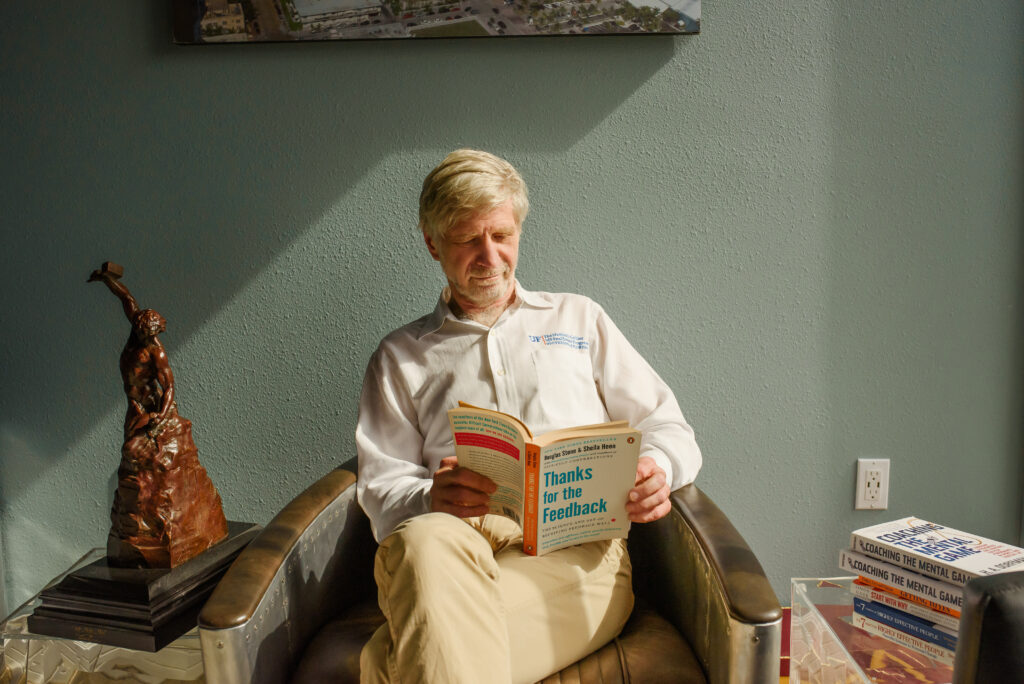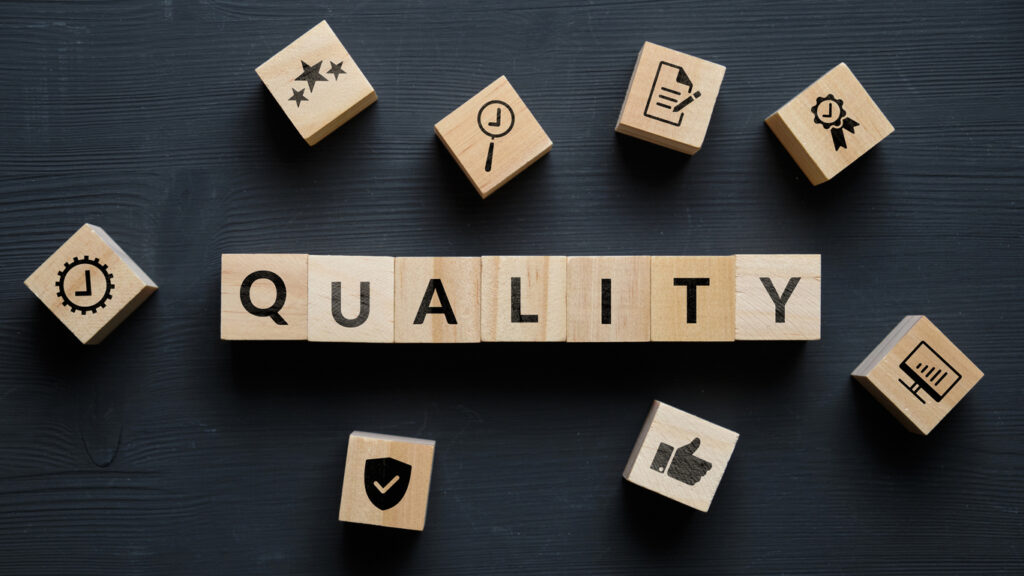Many kind souls have helped me along my way and I want to give back, in part out of a sense of duty, an obligation to repay a debt, and in part because it just feels good.
Okay, but what does that mean on a practical day to day level? How does one effectively help others? As many as possible? How to make sure one is addressing root causes and not just symptoms? Where lies the line between a helping hand and a handout? A safety net that doesn’t morph into a hammock? These questions are all the more vital when assistance becomes ongoing at the individual level, doubling so at the societal level.
I want to always support others but never so much as to foster learned helplessness or undermine resilience. I believe in 2nd chances but not 4th or 5th strikes (the 1st time it’s a mistake, the 2nd time it’s more a choice). The proverb ‘The Lord helps those who help themselves’ is an excellent motto for prioritizing how society allocates limited resources. Compassion must be intelligently directed: in one’s desire to help, beware the soft sabotage of low expectations, of lowering the bar in search of artificial success.
There are many ways to victimize people, one insidious way is by convincing them that the way out is to adopt the victim identity, thus robbing them of agency and de-emphasizing the importance of self-initiative. The greatest point of power generally resides within; the best, surest way to help others is to assist them in learning how to help themselves. Unfortunately, it is also the way that often takes the longest to show fruition and is thus often forsaken in favor of quick fixes that don’t last but give the impression of progress. It is only that which we earn with our own endeavors that we truly value, that builds the self-confidence and self-concept necessary for ongoing success. All else is fools’ gold.
Closing Quotes:
“Argue for your weakness and it is yours.” – Proverb
“The best things in life must come by effort from within, not by gifts from the outside.” – Fred Corson, 1896-1985
“Don’t ask of your friends what you yourself can do.” – Quintus Ennius, c. 239-169 BC, often considered Father of Roman poetry
“Look well into thyself; there is a source of strength which will always spring up if thou wilt always look.” – Marcus Aurelius, 121-180 AD (last emperor of the Pax Romana, an age of relative peace, calm, and stability)
As always, I share what I most want and need to learn. – Nathan S. Collier





